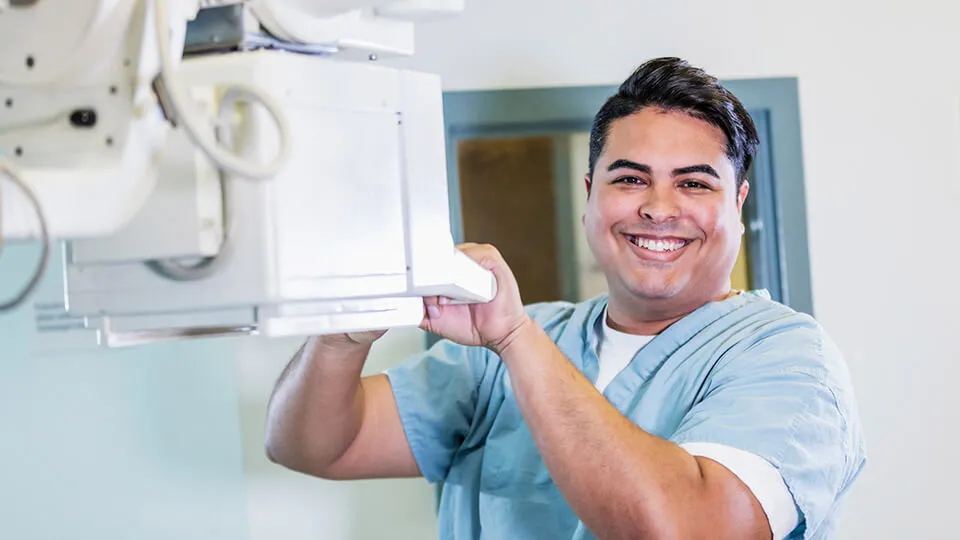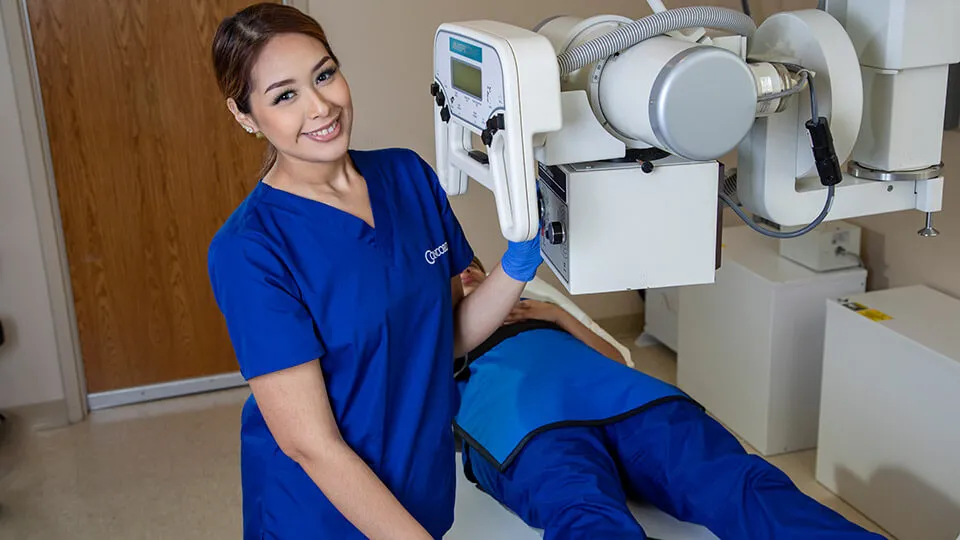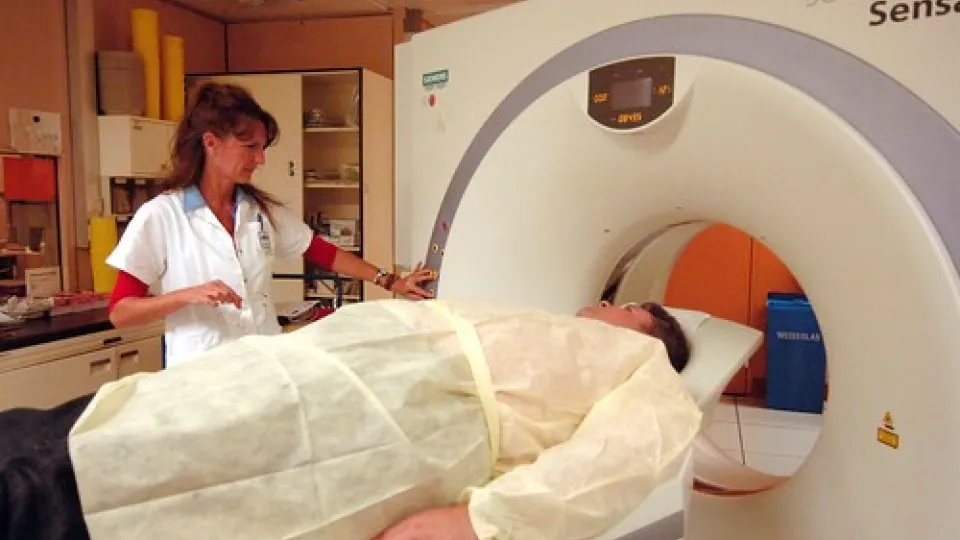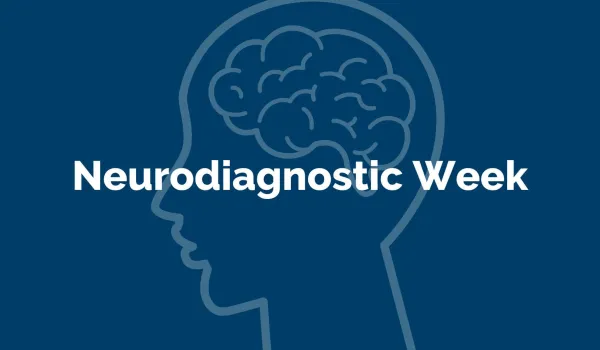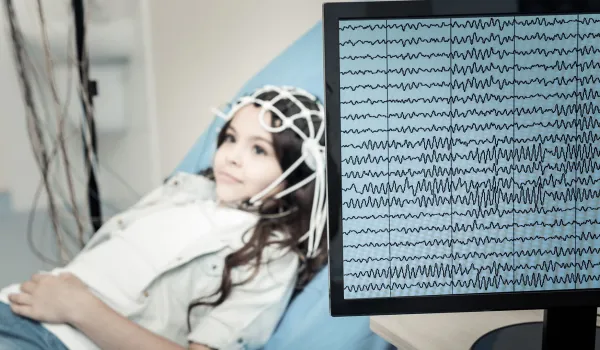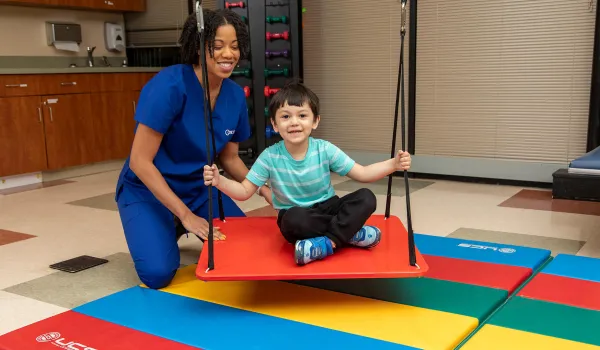Concorde Staff
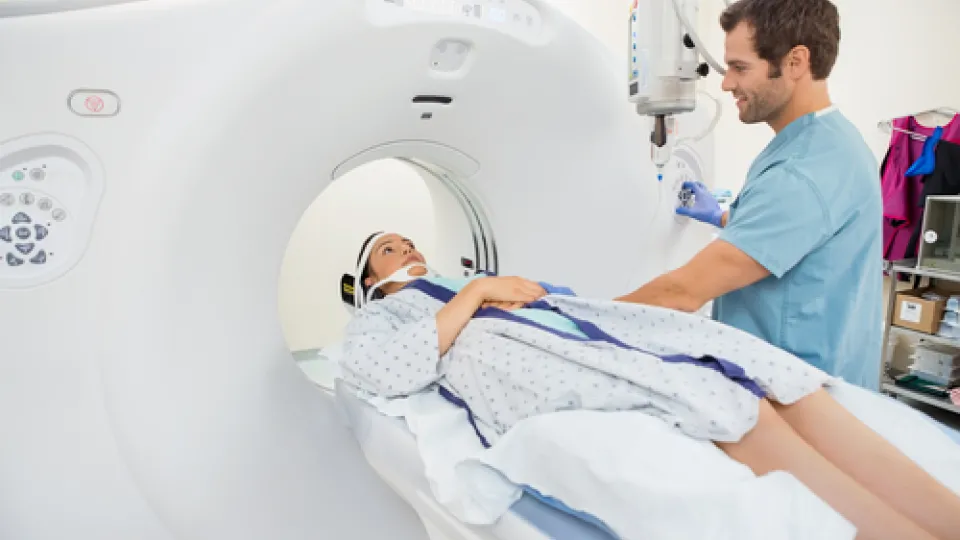
Have you ever had to undergo a MRI scan or x-ray of an injured muscle or bone? Do you remember being tense, unsure of the outcome or maybe even a little scared?
The man or woman who walked you through the process, took images and calmed your anxiety are called radiological technologists.
It's a growing field that is responsible for producing images that provide critical information allowing doctors to correctly diagnose and treat patients.
Wondering if you're a fit for a radiological technology program?
Myke Kudlas, the chief academic officer of the American Society of Radiologic Technologists, noted in an article for U.S. News that these professionals work in a "high touch, high tech field."
Depending on the work environment you choose, "Students and technologists could potentially deal with blood at times, along with other general illnesses that patients may have. They should not be afraid to help and interact with ill patients," said Wayne Stellick, Director of Concorde radiology tech programs in Colorado.
"Some students have been afraid to pursue this field because they hear that there is a lot of math involved," he said, "it should be noted that it is never more than basic algebra."
A growing field with vertical mobility
The Bureau of Labor Statistics projects a 9% growth in the imaging field by 2024. As the population grows older, there will be an increase in medical conditions that require imaging as a tool for making diagnoses.
Concorde's program prepares students to get a jumpstart on their career with our focused 20-month radiology technology curriculum. Our time frame includes the usual pre-requisites that many other colleges and trade schools require to be completed before starting a program.
More than half of radiologic technicians work in hospitals with the remaining staffing the needs in imagining centers and medical clinics.
While we typically think of breaks, fractures, and MRIs as the bulk of the imaging profession, technicians may work in environments that focus on women's health, gastrointestinal issues, breathing, and respiratory concerns and nuclear medicine.
Plenty of room for specialization and advancement
Stellick notes there are many areas for advancement after students obtain their initial American Registry of Radiologic Technologist (ARRT) certification.
He says students may choose to pursue advanced training in areas like:
- Mammography
- CT (Computed Tomography)
- MRI
- Nuclear Medicine
- Ultrasound / Sonography
- Bone Densitometry
- Radiation Therapy
"Professional associations like the American Society of Radiologic Technologists (ASRT) are a great resource," Kudlas writes. "Belonging to one can help students and technologists complete continuing education requirements, stay current on trends and connect with leaders in the radiologic sciences."
Radiologic technologists can enhance their skill set by getting additional certifications, which will also give them a leg up in finding employment.
Get the picture?
Interested In How To Become a Radiology Tech?
Click here to explore Radiology Tech Programs near you!
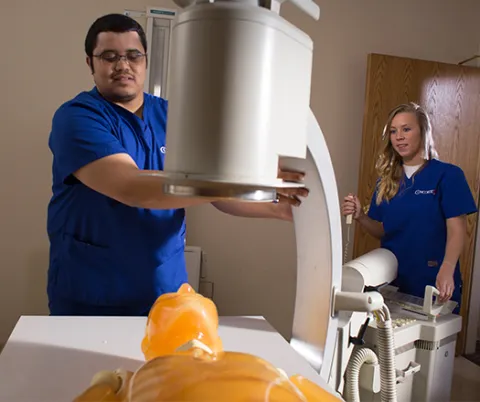
Next Steps?
Interested in learning more about our Radiologic Technology program? We have a Concorde representative ready to talk about what matters most to you. Get answers about start dates, curriculum, financial aid, scholarships and more!
